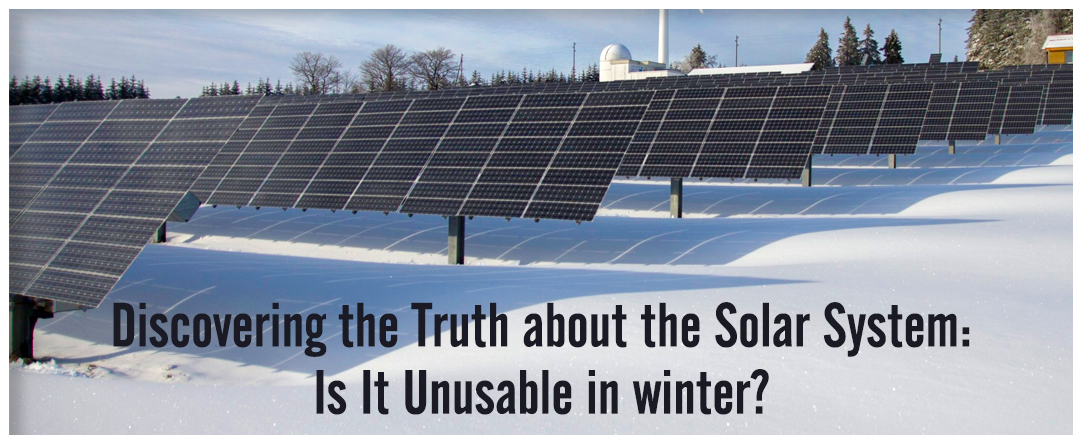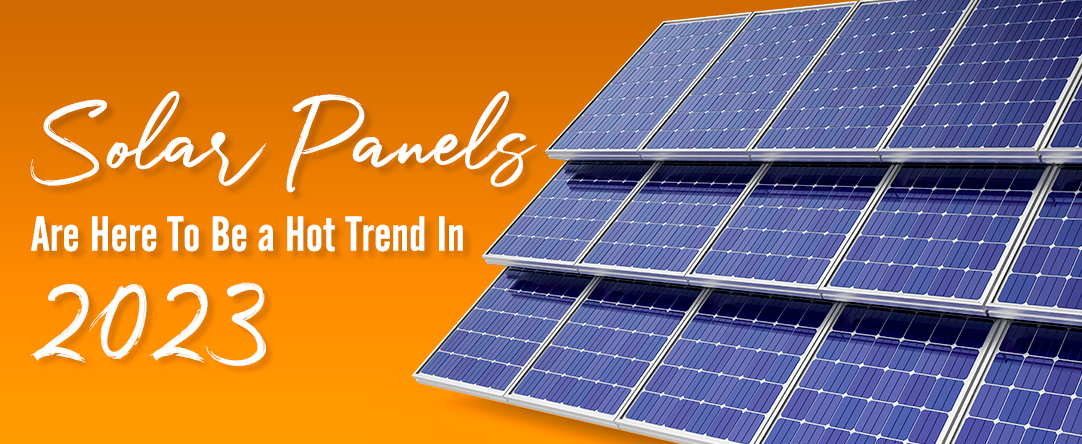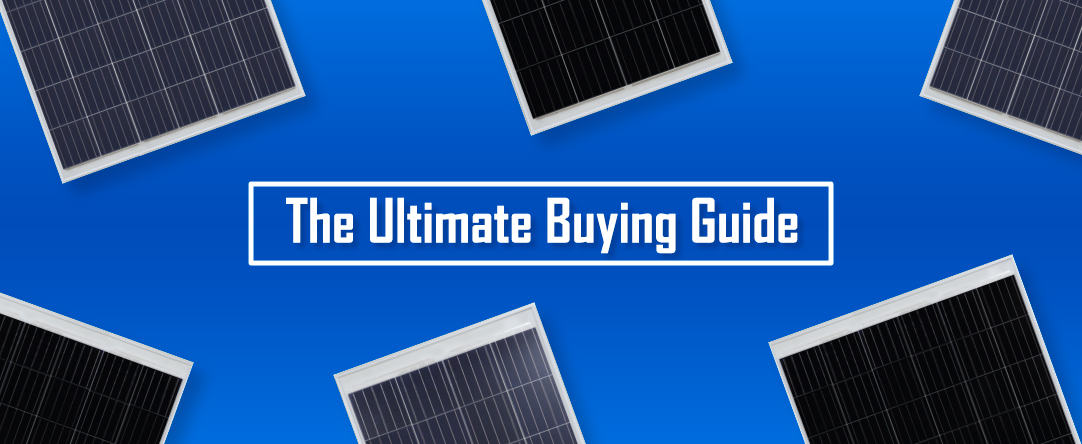
Discovering the Truth about the Solar System: Is It Unusable in winter?
December 14, 2022
Solar Panels Are Here To Be a Hot Trend In 2023
November 15, 2022When selecting the right roofing panels, there are a few things you need to take into account. Do you want a synthetic or an asphalt panel? What kind of warranty do you want? This blog post will provide answers to all of these questions and more. We will also offer our readers the ultimate buying guide for roofing panels so they can decide which type of panel is right for them.
What Solar Panels are and what they do?
Solar panels are a type of insulation that uses an adhesive to attach the wool to the foil. The adhesive allows the panels to be easily installed, removed and moved around if necessary.
Solar panels are commonly used in attics and walls because they provide insulation and weather protection. They are also effective at soundproofing, making it difficult for noise to enter your home.
There are a few things to consider when purchasing solar panels:
The weight of the panel:
Solar panels are heavier than traditional insulation, so you’ll need to ensure that your roof or wall can support the added weight.
The adhesive:
There are two main types of adhesives used in solar panels: thermal adhesive and pressure-sensitive adhesive.
The lifespan of the panel:
Solar panels have a shorter lifespan than traditional insulation, so you’ll need to plan on replacing them every few years.
Start with this MaxPower, if you’re considering installing solar panels in your home. This website provides valuable information on what solar panels are and how they work.
How to Choose the Right Solar Panel?
When looking to buy a solar panel, there are a few things you should consider. The size of your system, the type of solar energy you want to produce, and the cost of the panels all play a role in which type of panel is best for you.
Solar panels can be classified as either monocrystalline, polycrystalline, or amorphous. Monocrystalline cells, which are superior to other varieties in many ways, are constructed from a single silicon crystal. They produce high-quality energy with little distortion, are highly durable, and have low-price tags. Polycrystalline cells are made from several smaller crystals forming a large area together. This type has improved efficiency over monocrystalline cells, but they can be less durable and more expensive than monocrystalline cells. Amorphous solar panels consist of tiny particles that do not form into specific shapes or patterns. These panels are cheaper than polycrystalline or monocrystalline panels, but they don’t produce as much energy and distort more quickly than the other two types.
When choosing a solar panel, one crucial factor is your system’s wattage requirement. Watts (W) measures how much power a device can generate and is specified in Joules (J). A typical household uses around 100W of electricity per day, so if you’re looking to install a 10W or more incredible solar panel system, your home will need at least ten individual panels. If you’re only looking to install a small system (less than 10W), you may find smaller solar panels that are compatible.
The type of solar energy you want to produce is also necessary. Solar panels can generate electricity from direct sunlight, solar shade, or both. Solar shade panels work best when the sun shines directly on them, while natural solar panels produce the most power when it shines directly on the board.
If you’re considering solar panels for your home or business, you should consider MaxPower. Our team is here to help you through the process, from choosing the right solar panel to installation and maintenance.
How Much Solar Panel Should You Purchase?
If you want to purchase a solar panel, the amount of solar panels you should buy is based on your specific needs and goals for your system.
For example, if you want to produce the most power possible from your solar panels, you will need more panels. However, if you want to save money on your electrical bill, you may only need a few solar panels.
The best way to figure out how many Solar panels you need is to calculate your system’s wattage requirement and divide this number by the number of Solar panels you would like to purchase. This will give you an approximate estimate of how many Solar panels will be needed.
Contact us for more information on how many solar panels you should purchase to save thousands on your energy bill.
What to Look for in a Solar Panel System?
When purchasing a solar panel system, there are a few key things to remember. First, you’ll need to figure out what you need the system to do. Do you need it for basic home energy needs like lighting and AC? Or do you want to install it on your roof to produce renewable energy? Once you know exactly what you need, it’s time to evaluate your budget. Do you want the most expensive option available, or can you settle for something less expensive? Once you’ve determined your needs, it’s time to find a reputable dealer. Not all dealers are created equal; some may be more reliable than others. After narrowing down your search, it’s time to begin the installation. Make sure the dealer has the tools and expertise necessary for the job and uses quality materials. Finally, be patient – installing a solar panel system can take time and patience.
Learn how to choose the right solar panel for your home and get free, expert advice on what boards to install that will significantly reduce your electricity bills.
Conclusion
So, you’ve decided to put together a presentation and need some help choosing the right type of panel. This article will walk you through the different types of solar panels available on the market and how to decide which is best for your needs. Whether you’re looking for a flexible option tailored to your specific requirements or want an all-in-one solution ready to go out of the box, this buying guide will have everything you need to know.




